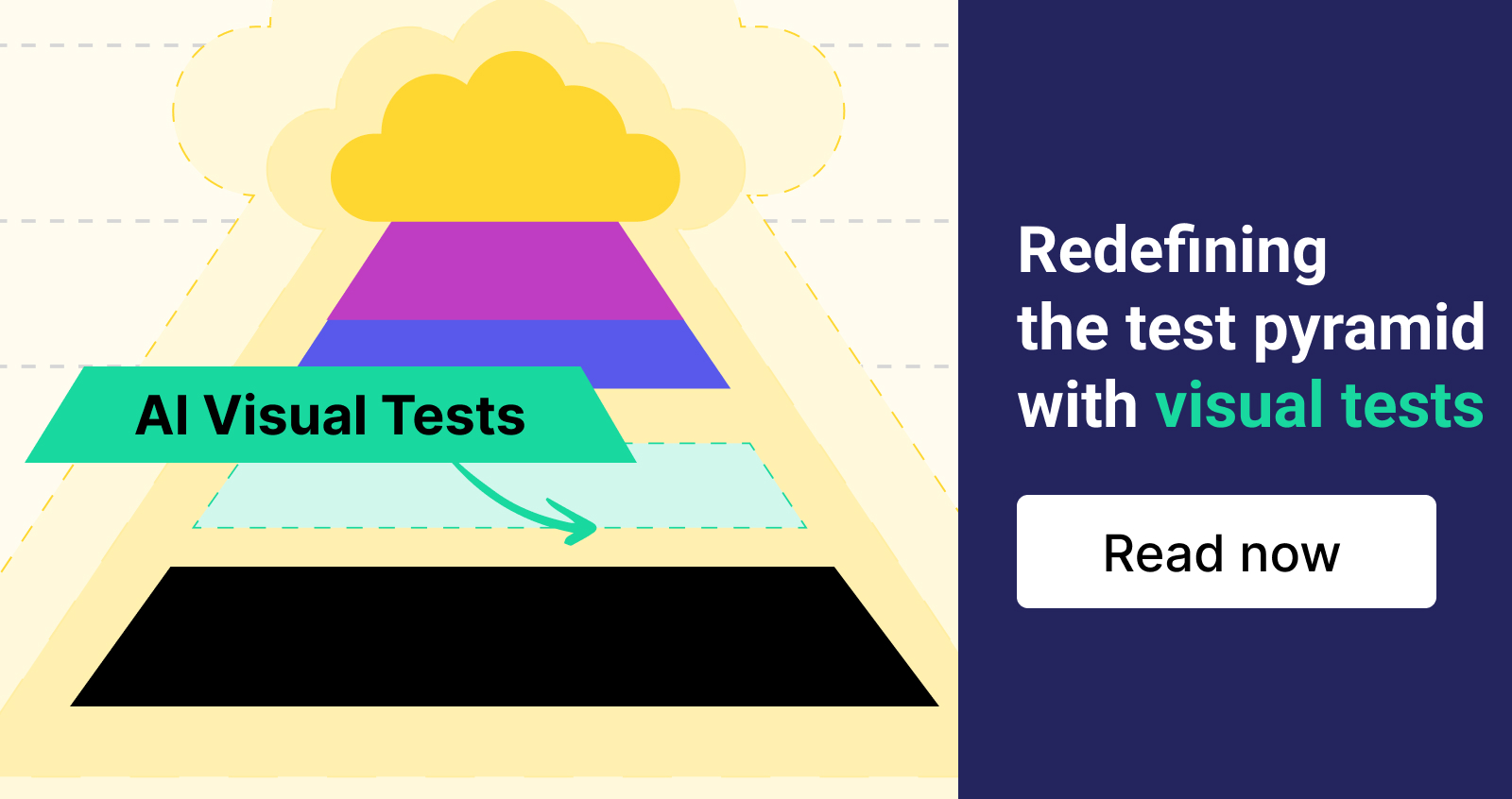A Comparison of Automated Testing Tools
According to the Test Automation Landscape in 2020 Report, nearly 90% of the interviewees have reported uses of automation testing, where 70% of them have been using it for over a year. This in turn has raised the need in choosing and using the right set of test automation tools.
Given a large range of automated testing tool choices along with their own unique strengths and drawbacks, let’s learn how to identify the right automation tool for your project with this qualitative comparison of Katalon Studio to other popular automated testing toolsets in the market.
OVERVIEW OF 4 AUTOMATED TESTING TOOLS
Katalon Studio is an automated testing platform that offers a comprehensive set of features to implement full automated testing solutions for Web, API, and Mobile. Built on top of the open-source Selenium and Appium frameworks, Katalon Studio allows teams to get started with test automation quickly by reducing the effort and expertise required for learning and integrating these frameworks for automated testing needs.
Selenium is perhaps the most popular automation framework that consists of many tools and plugins for Web application testing. Selenium is known for its powerful capability to support performance testing of Web applications. Selenium is a popular choice in the open-source test automation space, partly due to its large and active development and user community. However, its steep learning curve is a drawback that hinders many teams’ productivity.
Read A Deep Dive into Selenium, Its Alternative Solution for 2022
Unified Functional Testing (UFT), formerly QuickTest Professional (QTP), is probably the most popular commercial tool for functional test automation. UFT offers a comprehensive set of features that can cover most functional automated testing needs on the desktop, mobile and Web platforms.
TestComplete is also a commercial integrated platform for desktop, mobile and Web application testing. Like UFT, TestComplete offers a number of key test automation features such as keyword-driven and data-driven testing, cross-browser testing, API testing and CI integrations. This tool supports a number of languages including JavaScript, Python, VBScript, JScript, DelphiScript, C++Script, and C#Script for writing test scripts.
COMPARISON OF THE AUTOMATED TESTING TOOLS
The table below provides a comparison of the tools based on the key features of software automation.
| Features | Katalon Studio | Selenium | UFT | TestComplete |
| Test development platform | Cross-platform | Cross-platform | Windows | Windows |
| Application under test | Windows desktop, Web, Mobile apps, API/Web services | Web apps | Windows desktop, Web, Mobile apps, API/Web services | Windows desktop, Web, Mobile apps, API/Web services |
| Scripting languages | Java/Groovy | Java, C#, Perl, Python, JavaScript, Ruby, PHP | VBScript | JavaScript, Python, VBScript, JScript, Delphi, C++ and C# |
| Programming skills | Not required. Recommended for advanced test scripts | Advanced skills needed to integrate various tools | Not required. Recommended for advanced test scripts | Not required. Recommended for advanced test scripts |
| Learning curves | Medium | High | Medium | Medium |
| Ease of installation and use | Easy to set up and run | Require installing and integrating various tools | Easy to set up and run | Easy to set up and run |
| Script creation time | Quick | Slow | Quick | Quick |
| Object storage and maintenance | Built-in object repository, XPath, object re-identification | XPath, UI Maps | Built-in object repository, smart object detection and correction | Built-in object repository, detecting common objects |
| Image-based testing | Built-in support | Require installing additional libraries | Built-in support, image-based object recognition | Built-in support |
| DevOps/ALM integrations | Many | No (require additional libraries) | Many | Many |
| Continuous integrations | Popular CI tools (e.g. Jenkins, Teamcity) | Various CI tools (e.g. Jenkins, Cruise Control) | Various CI tools (e.g. Jenkins, HP Quality Center) | Various CI tools (e.g. Jenkins, HP Quality Center) |
| Test Analytics | Katalon TestOps | No | No | No |
| Product support | Community, Business support service, Dedicated staff | Open-source community | Dedicated staff, Community | Dedicated staff, Community |
| License type | Proprietary | Open-source (Apache 2.0) | Proprietary | Proprietary |
| Cost | Freemium | Free | License and maintenance fees | License and maintenance fees |
STRENGTHS AND WEAKNESSES
The comparison table above mainly focus on the common features of an automated testing tool. The following presents another perspective by picking and comparing key strengths and limitations of the tools.
| Tools | Strengths | Limitations |
| Katalon Studio |
|
|
| Selenium |
|
|
| UFT |
|
|
| TestComplete |
|
|
The Perfect Automation Testing Tool: There Isn’t One.
There is no one-size-fits-all tool for automated testing. It is highly recommended that testers evaluate various tools in order to select what would best meet their automated testing needs.
Programming languages and technologies used to develop software continue to evolve, as do the automated testing tools, making cost a significant factor in tool selection. Commercial vendors often charge for tool upgrades, which can be substantial if your software uses emerging and frequently changing technologies.
Open source and non-commercial tools, on the other hand, do not incur additional charges but require effort and expertise for integrating new upgrades. It is difficult to find the support and expertise needed for integrating various tools and frameworks into open-source solutions.
Emerging tools that integrate with open-source frameworks, like Katalon, offer a viable alternative to both commercial and open-source automated testing solutions.
Read more:
- How do People Select Test Automation Tools?
- A Structured Evaluation for Selecting a Right Automated Testing Tool
- Automation Testing Execution and Report: Best Practices for Beginners





